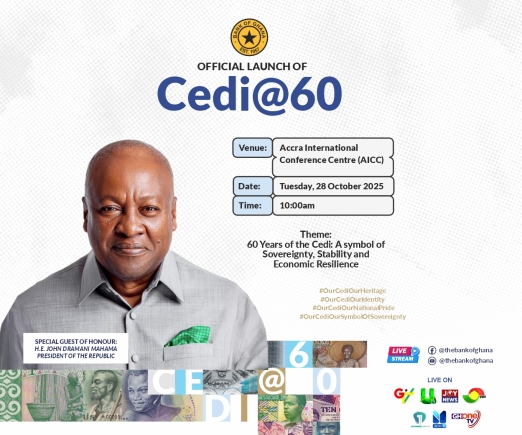A professor at the School of Communication Studies, University of Ghana, Professor Audrey Gadzekpo, has called on the media to adopt self-regulation as a way of ensuring responsible journalism in the country.
According to her, self-regulation would help the media to avoid costly law suits and protect journalism and free expression in the nation.
“If we abide by our ethics strongly, we will do away with law suits, and gain the needed respect from society,” she emphasised.
Forum
Prof. Gadzekpo was speaking at a forum on Press Freedom and Responsibility, organised by the Media Foundation for West Africa (MFWA) in Accra last Thursday.
The occasion also marked the launch of the project on Media Ethics and Professionalism, which seeks to enhance professional standards and the watchdog role of the Ghanaian media.
The project, being implemented with funding from STAR-Ghana, will involve daily monitoring of ethical violations on 25 selected radio stations, 10 newspapers and five news websites across the country.
Monthly reports on ethical violations occurring on the target media houses will then be compiled and publicised. For each month, a panel of media experts will be convened to discuss ethical infractions that are recorded and ways to avoid such violations.
Regulation of the media
Prof. Gadzekpo stressed the need for journalists to be professionally trained and for them to be conversant with the code of ethics of the profession.
She added that there was the need to equip the National Media Commission (NMC) to help regulate the activities of the media.
She also urged media houses to develop their own internal guidelines for their members and sanction those who would go wayward.
Prof. Gadzekpo expressed concern over presenters and hosts of programmes who allowed their platforms to be used to create problems in the media and in the larger society.
She observed that the post-independence media enjoyed a lot of freedom compared with the pre-independence media.
That, according to her, offered a great deal of opportunity for journalists in the country to carry out their responsibilities without fear or intimidation for the society’s good, noting that journalists were the voice of the voiceless.
“The repeal of the Criminal Libel Law was a good step towards deepening democracy partly because we didn’t want journalists to be arrested and imprisoned for what they had written even if they were not guided,” she said.
Freedom with responsibility
In spite of the freedom guaranteed by the 1992 Constitution of Ghana for journalists, she stated that they were obliged by the same constitution to be responsible.
According to Prof. Gadzekpo, there was a growing concern among the public that most journalists were being irresponsible in their duties, adding that “sometimes we are even irresponsible such that we are libellous”.
Ombudsman system
A member of the NMC, Mr Kwasi Gyan-Apenteng, proposed that an ombudsman system be instituted in all the media houses, to help reduce irresponsible journalism in the Ghanaian media.
By his suggestion, he explained that every media house could mandate somebody to monitor the activities of journalists within.
He said most countries had incorporated it into their media landscape, and had been successful.
The Executive Secretary of the Private Newspapers Publishers Association of Ghana (PRINPAG), Nii-Laryea Sowah, bemoaned some of the activities of the broadcast media in the country.
He said many times panellists presented on radio for discussions had little or no knowledge about the topic under discussion, hence, they peddled a lot of falsehood.

